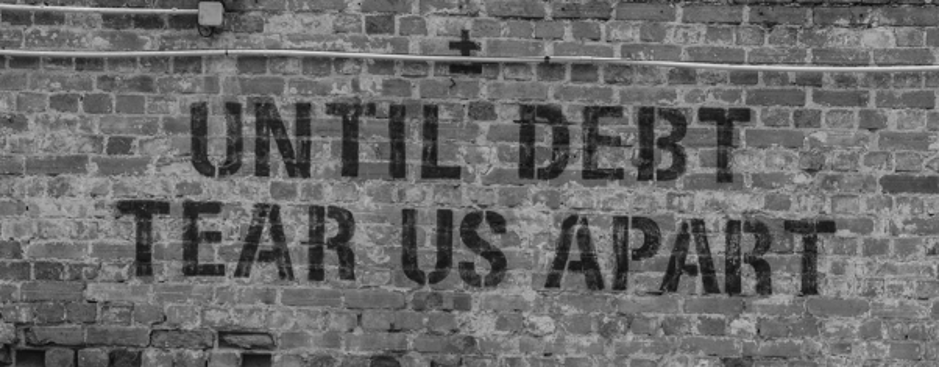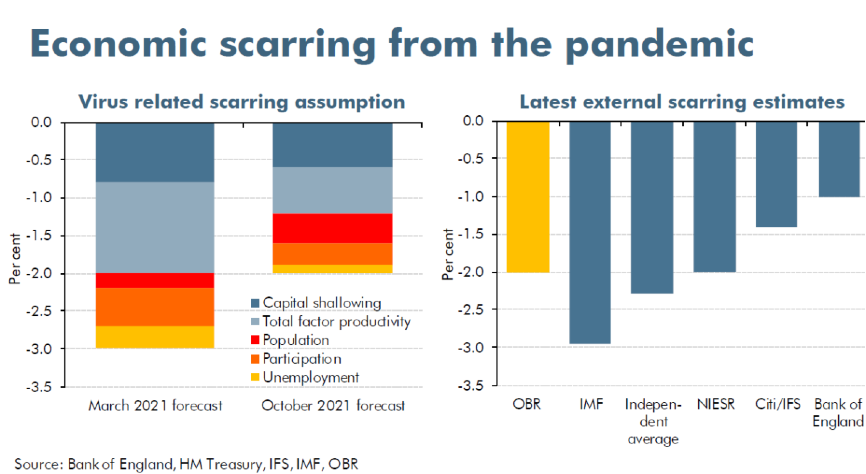Inequality

Inequality
Poverty amidst Plenty
Low wages, stagnating living standards, and high inequality and precarity have been the reality for many participants in the UK labour market (Clift and McDaniel 2021). The very high levels of inequality within British capitalism, both between different regions and between those in different income or wealth brackets, are one upshot of the ‘Anglo-Liberal Growth Model’ configuration of its finance-led, debt-fuelled growth model. First under Thatcher, then under New Labour, deregulated labour markets were a central feature of British capitalism.
Neoliberal capitalist restructuring through the Thatcher years heralded stagnating wages and rising inequality. Declining living standards spread disaffection with amongst many social groups. Lower and median wages have stagnated in many advanced economies. Meanwhile the very richest groups in society have become astonishingly affluent, and the wealthiest individuals and firms have managed to avoid and evade paying adequate tax on their vertiginous incomes. Furthermore, the very wealthy have exploited their political capital to make regulations laxer and loopholes larger. All this has increased political tensions surrounding economic inequality.
Thus increasing inequality has engendered a social and political context of social polarization. These dynamics were often exacerbated by successive major crises and dramatic shocks from the Global Financial Crisis (GFC) or Crash’, to Britain leaving the European Union (Brexit), to the coronavirus-19 (COVID) pandemic. Social polarisation and austerity policies have threatened the social and political underpinnings of liberal market capitalism. This threatens both economic stability and economic growth. Many of the disfunctionalities of Britain's growth model link directly to the inequalities it exacerbates.
Rising inequality has been a characteristic of Britain’s Anglo-Liberal Growth Model since the 1980s. Fractured by these widening inequalities, the social and political foundations of the political economic have come under increasing strain. Increasing inequality sees rising poverty and precarity levels coexist with pockets of enormous wealth and plenty. The existing welfare settlement is buffeted by populist disaffection mobilising the ‘losers’ from globalisation.

